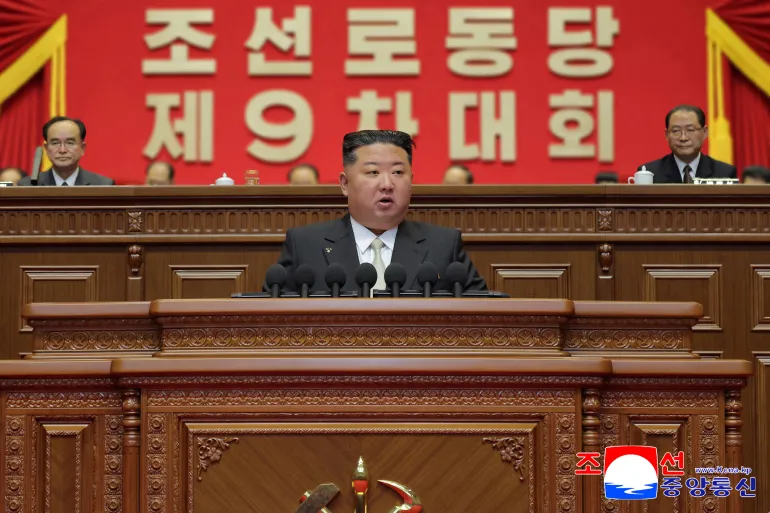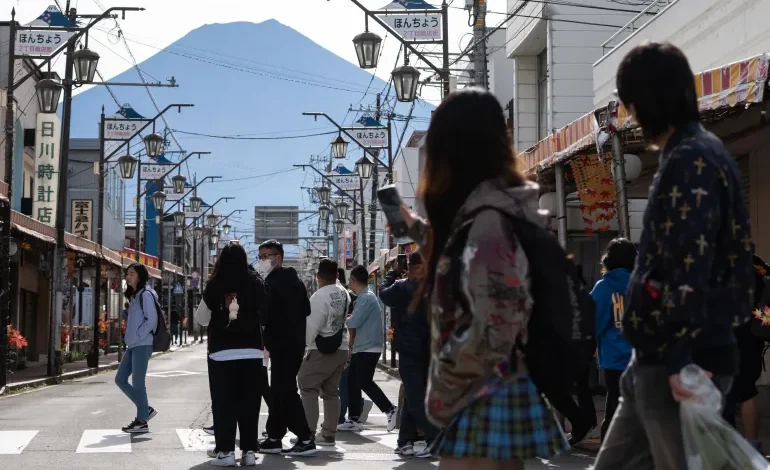Japan’s markets opened the week with a jolt as tourism-linked shares plunged, following China’s warning that its citizens should avoid travelling to Japan amid escalating political tensions.
The diplomatic rupture intensified on Friday when Beijing claimed Prime Minister Sanae Takaichi’s recent remarks about potential Japanese military intervention in a Taiwan crisis had increased risks to Chinese citizens’ “personal safety and lives”. The foreign ministry’s travel advisory was a clear signal: the Taiwan question is bleeding into economic retaliation.
When Tokyo’s markets reopened on Monday, the impact was immediate. Department store giant Isetan Mitsukoshi dropped more than 11 percent. Takashimaya slid about 5 percent. Japan Airlines fell roughly 4 percent, Fast Retailing, Uniqlo’s parent company, dipped around 5 percent, and cosmetics heavyweight Shiseido plunged almost 10 percent.
China isn’t just another source of tourists. It is Japan’s biggest, accounting for nearly a quarter of the 31.65 million arrivals in the first nine months of the year. Pull that lever sharply and the economic shock radiates.
Ryota Abe of Sumitomo Mitsui Banking Corporation told Al Jazeera the numbers are real: a complete collapse in Chinese arrivals could shave 0.5 percent off Japan’s GDP. Even a 30 percent drop would cost about 0.1–0.2 percent. And this comes on top of already bad news, Japan’s economy shrank 0.4 percent in the third quarter, its first contraction in a year and a half.
At a Monday briefing, Chief Cabinet Secretary Yoshihide Suga called Beijing’s warning “inconsistent with mutually beneficial ties” and said Japan had requested “appropriate steps” to ease the tension.
Tokyo has also dispatched its top Asia Pacific diplomat, Masaaki Kanai, to Beijing for talks with Chinese counterpart Liu Jinsong. According to Japanese media, Kanai will aim to lower the temperature and stress that Japan’s security policy hasn’t changed despite Takaichi’s comments.
Still, the geopolitical fault line remains the same: Taiwan. Sitting close to Japanese territory and at the centre of vital shipping routes, Taiwan’s fate is a strategic red line for Tokyo. For Beijing, it is a non-negotiable sovereignty issue, a territory to be “reunified”, by force if necessary.










The latest news in your social feeds
Subscribe to our social media platforms to stay tuned